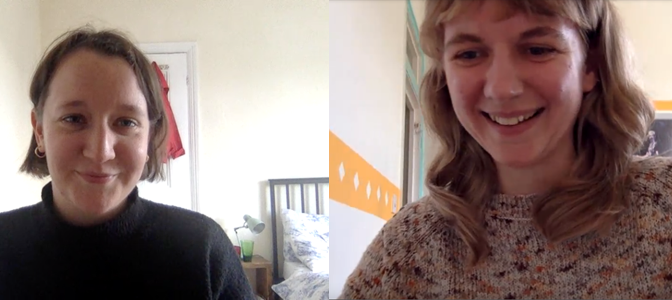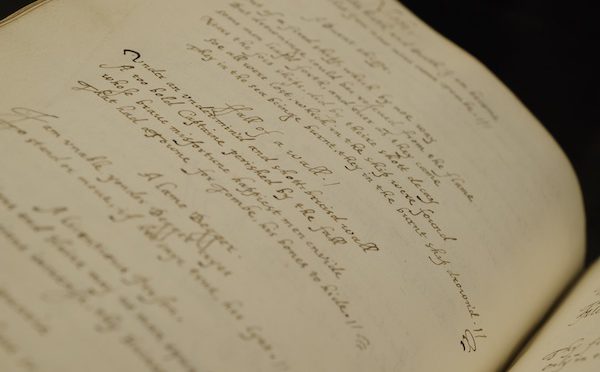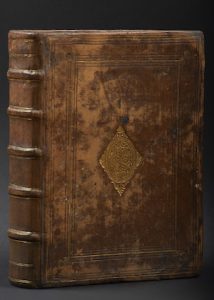As their tenure draws to a close, Katie Arthur and Harriet Thompson reflect on their time working together as editors of the King’s English Blog.
HT: It’s funny looking back on the time when we took over as editors in January 2019; I get that strange simultaneous feeling of it being very recent, but also a quite a while ago. A lot has happened since then! We were both in our first year studying for a PhD in the English Department at King’s and it was an exciting opportunity to be able to curate and commission such a wide range of writing from staff and students. Over two years later, I still have quite a lot of writing to do before I submit my PhD thesis. But having the blog to focus on alongside everything else has been a really nice (and productive) distraction. I didn’t imagine that we’d be spending practically a whole year inside, running the blog from our bedrooms on opposite sides of London. I think the last time we saw each other in person was in January 2020? That is so weird! I do miss the community and energy that comes with working inside the university buildings.
KA: Two years ago! I know what you mean about that odd simultaneous feeling of temporal contraction and dilation – I feel like there must be a word for it somewhere, in some language. Perhaps we should commission a blog on it! The blog has certainly been an anchor, both pre-Covid and now. Working with the department to publish publicly is really exciting, it has definitely helped me engage with the work happening here at King’s in a more thorough and thoughtful way than I might otherwise have given myself time to do. Though it was more fun conducted in the physical presence of the department as you say and it is a shame to have lost the sense of community that so often is linked to space. The blog also serves as a space of connection for the department. You did a wonderful round-up of all the work we had shared around the new year that received a very touching response from the department. Do you think that the functions of the blog have changed as our needs have moved online in the pandemic? It has always been interesting that the blog reaches out to and beyond the department but, perhaps now more than ever, it is also a meeting point of sorts when we cannot do in person.








